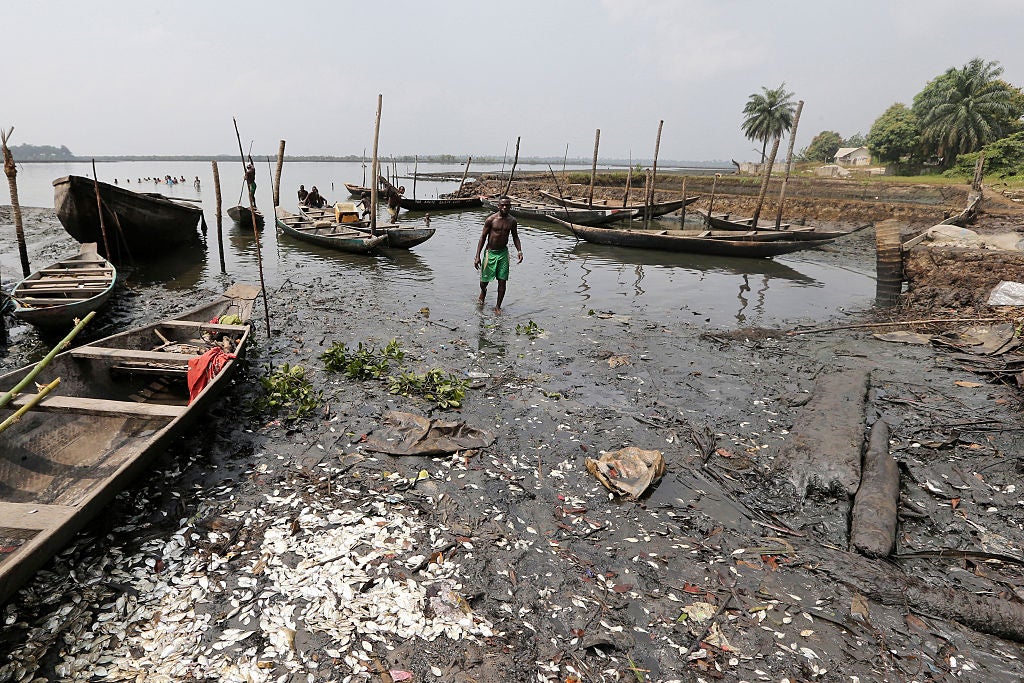
The UK Supreme Court on Wednesday ruled that Nigerian claimants were too late to sue oil giant Shell over an offshore oil spill in 2011, Reuters reports.
A panel of five Supreme Court justices unanimously upheld two previous rulings by lower courts that found the claimants had brought the case against the oil giant after the six-year deadline for taking action after an incident had passed.
The claimants’ lawyers argued that the ongoing damage directly caused by oil and gas activity in the region represented a “continuing nuisance”, a type of civil tort, which would have rendered the deadline null, according to Reuters.
“The Supreme Court rejects the claimants’ submission. There was no continuing nuisance in this case,” said justice Andrew Burrows when delivering the court decision. The ruling will also apply to thousands of other claimants.
“While the 2011 Bonga spill was highly regrettable, it was swiftly contained and cleaned up offshore,” a Shell spokesperson said.
A group of 27,800 individuals and 457 coastal and fishing communities were attempting to sue Shell for a leak of approximately 40,000 barrels of crude oil that took place in December 2011. The spill, which occurred while the company was transferring oil from a floating offshore platform to a tanker 75 miles off the coast of the Niger Delta, was considered at the time the worst in the area for over a decade.
The claimants said that the spill had a devastating long-term impact on the coastal area that they live in, polluting lands and waterways, damaging farming and fishing work and contaminating drinking water and mangrove forests, according to Amnesty International.
“Widespread and systematic pollution”
The Niger Delta is an area plagued with pollution, conflict and corruption relating to the activities of oil companies in the region. Head of business and human rights at Amnesty International Mark Dummett said: “Shell announced in 2021 that it plans to sell its onshore oilfields and assets in the Niger Delta after 60 years of highly profitable operations in the area.
“It is concerning that Shell has not explained how it plans to address the widespread and systemic pollution of Nigerian communities linked to its operations over many years before it sells up and leaves,” he added.
Shell has previously lost lawsuits for oil spills in the Niger Delta. In 2015, it agreed to pay out $70m (£55m) in compensation to communities affected by an oil sill in Bodo in 2008.
Martyn Day, the lawyer representing the claimants at the time, said: “Whilst we are delighted for our clients, and pleased that Shell has done the decent thing, I have to say that it is deeply disappointing that Shell took six years to take this case seriously and to recognise the true extent of the damage these spills caused to the environment and to the those who rely on it for their livelihood.”
“We hope that in future Shell will properly consider claims such as these from the outset and that this method of compensation, with each affected individual being compensated, will act as a template for Shell in future cases in Nigeria,” he added.
In August 2021, the company lost the right to operate the Oil Mining License 11 in Nigeria after a court ruled to award the license to state-owned Nigerian National Petroleum, a decision that the oil giant later appealed. This ruling came just days after Shell was made to pay over $111m (£80.4) in damages to communities in southern Nigeria over oil spills stemming back to the 1970s.




